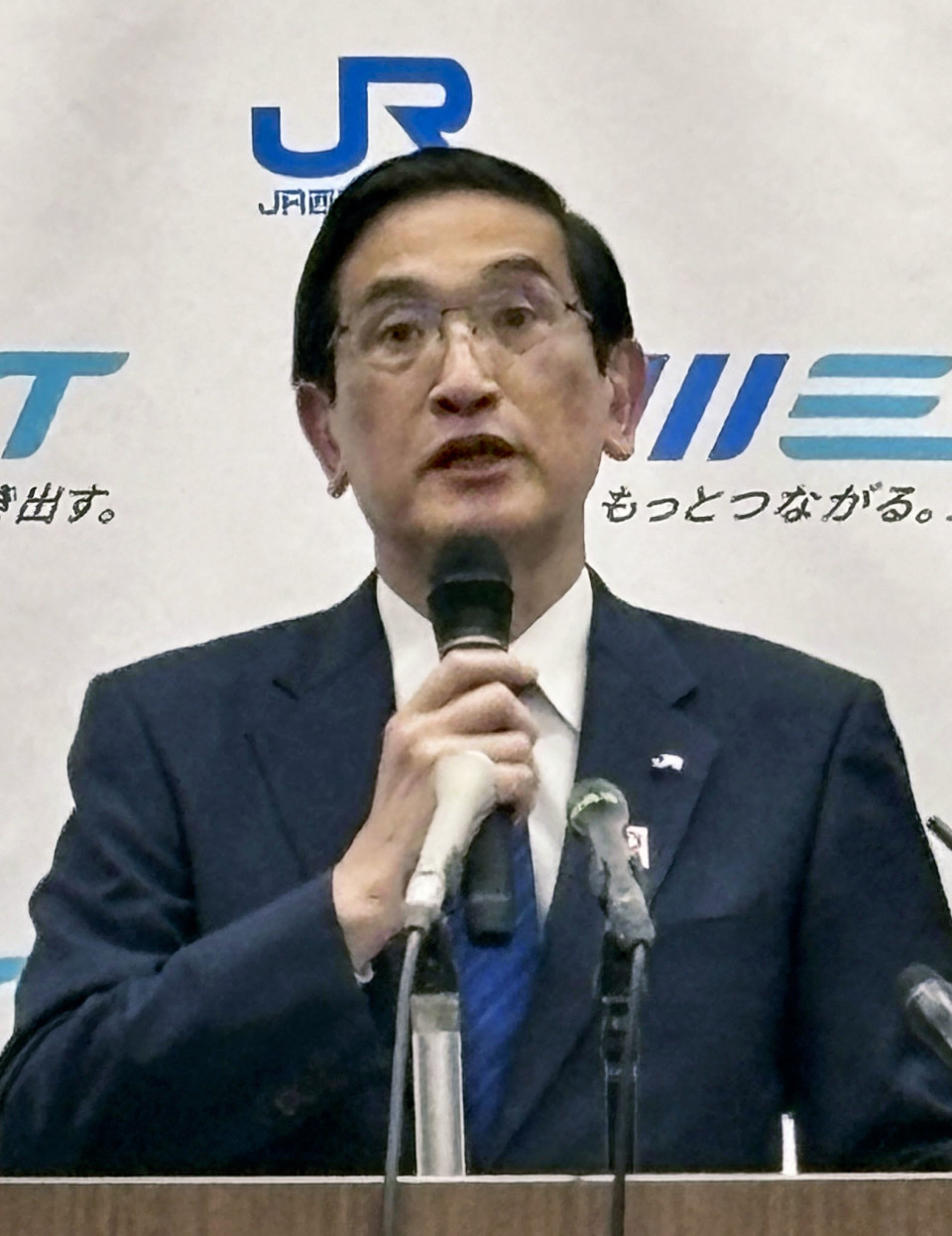In Japan, the customer has long been regarded as akin to royalty, but the tradition appears to have found its limits, with both authorities and service-sector firms recognizing the need to start protecting staff from overbearing or abusive behavior from members of the public.
"Kasu-hara" has become Japanese slang for "customer harassment," with some victims ending up leaving their jobs or suffering from mental illness as a result of behavior ranging from verbal abuse to being forced to apologize by kneeling and prostrating themselves.
In response, the labor ministry is considering legislation to require firms to take protective measures such as compiling manuals on how to respond to abuse, government sources said.
The Tokyo metropolitan government, meanwhile, has said it aims to establish an ordinance outlining what constitutes customer harassment, given the thin line between customer abuse and a legitimate customer complaint.
But the ordinance, set for submission to the local assembly by next March, is unlikely to impose penalties for customers deemed to have harassed service providers, Tokyo officials said.
Some service providers have already taken action. West Japan Railway Co. recently joined several companies, including East Japan Railway Co. and ANA Holdings Inc., the parent of All Nippon Airways Co., in disclosing their policy on customer harassment.
JR West said it could stop providing services or sell products to customers who verbally or physically abuse workers. It will also introduce lawyers to employees who want to take legal action against harassers.

"Protecting human rights and the safety and security of our employees is a must for us to offer good services," the railway operator's president, Kazuaki Hasegawa, told a press conference.
JR East cited cases of abuse, such as customers grabbing a worker by the arms, making discriminatory remarks and taking pictures of an employee without permission.
According to a survey conducted by major industrial union UA Zensen on over 30,000 members working in the service and other sectors in 2024, 46.8 percent said they experienced customer abuse within the past two years.
Among the respondents, the largest proportion, at 39.8 percent, cited abusive language, while 14.7 percent complained of intimidation or threats and 13.8 percent said they suffered from repetitive complaints.
In one case, a respondent cited being yelled at so loudly that it was audible on the entire floor of the commercial facility where the employee worked.
Related coverage:
More Japan workers turning to job resignation services after holidays
Japan's transport ministry warns JAL over recent safety incidents
Older Japanese men making up for lost time by dipping into cosmetics










